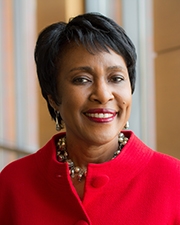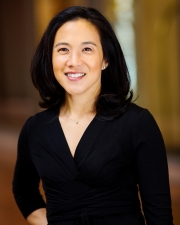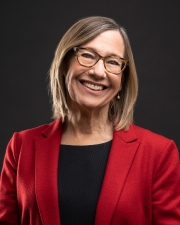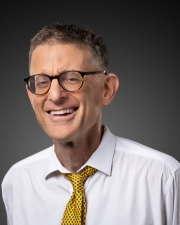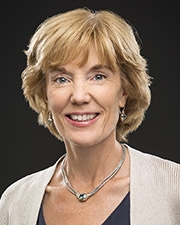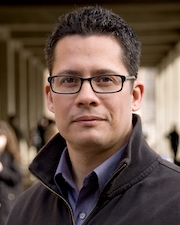Penn GSE professors named to Education Week's 2023 Edu-Scholar Public Influence Rankings list

Education Week announced the 2023 Edu-Scholar Public Influence Rankings today. The annual list, created by Rick Hess of the American Enterprise Institute (AEI), includes eight researchers from the University of Pennsylvania, seven of whom are professors at the Graduate School of Education.
Congratulations to the following faculty for helping shape the public discussion around education:
- Angela Duckworth (No. 2), a professor of psychology with a secondary appointment at Penn GSE
- Jonathan Zimmerman (No. 14), a professor of the history of education. His ranking moved up from No. 19 last year
- Richard M. Ingersoll (No. 53), a professor of education and sociology. His ranking moved up from No. 119 last year
- Howard C. Stevenson (No. 76), a professor of Africana studies. His ranking moved up from No. 80 last year
- Pam Grossman (No. 88), Penn GSE Dean and a professor of education. Her ranking moved up from No. 142 last year
- Laura W. Perna (No. 90), Penn’s Vice Provost for Faculty and a professor of education
- Roberto G. Gonzales (No. 143), a professor of sociology and education. His ranking moved up from No. 155 last year
- Vivian L. Gadsden (No. 173), a professor of child development and education. Her ranking moved up from No. 190 last year
The eight professors also held 2022 rankings – and in some cases, have been on the list for several consecutive years.
Hess, the director of education policy studies at AEI and an Education Week blogger, works with a selection committee to release the top 200 most influential scholars each January. The rankings are compiled from scores across nine categories, such as Google Scholar Score, newspaper mentions, inclusion in syllabi, and the number of books they’ve authored. Nearly 20,000 faculty nationwide were scored for the current rankings.
“One small way to encourage academics to step into the fray and revisit academic norms is, I think, by doing more to recognize and value those scholars who engage in public discourse,” explains Hess. “As I see it, the extraordinary policy scholar excels in five areas: disciplinary scholarship, policy analysis and popular writing, convening and shepherding collaborations, providing incisive media commentary, and speaking in the public square. This whole endeavor is admittedly an imperfect exercise. Of course, the same can be said about college rankings, NFL quarterback ratings, or international scorecards of human rights. Yet such efforts convey real information and help spark useful discussion.”
Read the full Education Week story here.


